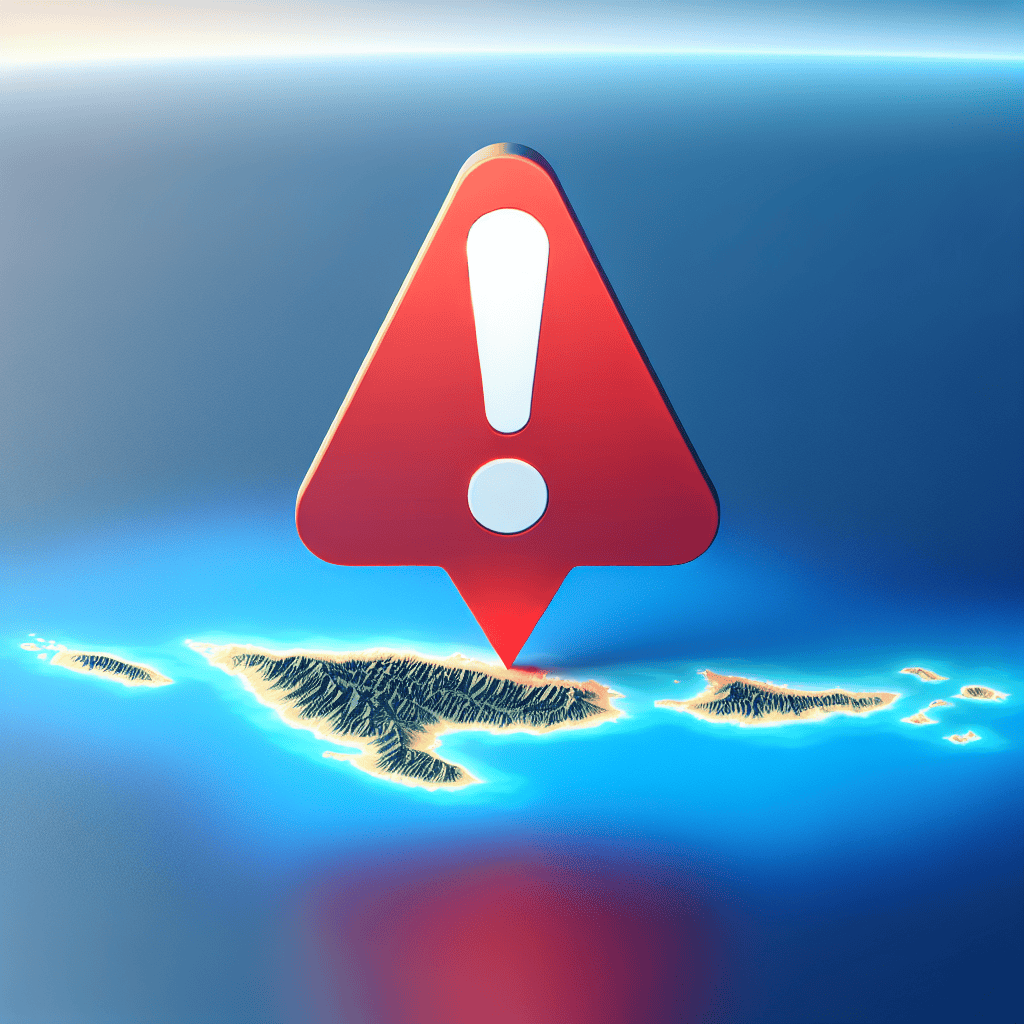The Pacific Islands Forum (PIF) has expressed serious concerns regarding the ongoing unrest in New Caledonia and France’s approach to handling the situation.
Local reports describe “nightmare” scenes in the French territory, with buildings being set ablaze and roadblocks frequently appearing despite a strong security presence. Thousands of reinforcements have been dispatched from across France, several pro-independence leaders have been arrested and relocated to mainland French prisons, raising fears about increasing militarization and potential escalations.
Baron Waqa, the PIF Secretary General, emphasized the forum’s commitment to maintaining peace and stability. “We are truly concerned at what is happening in New Caledonia,” Waqa said during his first briefing since assuming office last month.
Waqa mentioned that the PIF is engaging with its chair and the Troika to address the situation and has already communicated with the New Caledonia president. The forum aims to take specific actions with a defined timeline to achieve resolutions.
Although the situation remains volatile, the forum plans to intensify its engagement with Paris ahead of the PIF Leaders Meeting in Tonga next month. Waqa stressed the importance of resolving the issue swiftly.
French Ambassador to the Pacific, Véronique Roger-Lacan, has spoken with the Troika but questioned the productivity of forum involvement. She pointed to existing dialogue processes initiated both nationally by President Macron and through the C24 mechanism.
Geopolitical commentator Dr. Meg Keen emphasized the need for dialogue to resolve the recurring conflicts and suggested that a “regional police task force” under the Biketawa Declaration could have been a missed opportunity for peace. Dr. Keen noted the Pacific approach to conflict resolution tends to have a calming effect due to its familial nature.
However, there are no indications France plans to relinquish control over New Caledonia, a sentiment reflected by Roger-Lacan. “What the French state wants to do is in the interest of the stability, peace, and prosperity of the Pacific,” she stated in May.
Waqa expressed concerns about the deployment of weapons and armored vehicles in New Caledonia. Pacific leaders have raised additional issues, including the imprisonment of pro-independence leaders on mainland France.
Steven Ratuva, Distinguished Professor at the Macmillan Brown Centre for Pacific Studies, criticized Paris’ denial of militarization, defining France’s “organized state coercion” as militarization. Dr. Keen affirmed that the militarization of New Caledonia is longstanding, primarily to protect France’s extensive economic exclusion zones.
Professor Ratuva argued that France maintains its territories for strategic purposes, which reinforces its global standing. More than three thousand security forces and armored vehicles with machine gun capabilities have been deployed to New Caledonia, with Paris maintaining that independence is not the only solution, despite calls for a path to independence from pro-independence groups.
The upcoming French snap elections could significantly impact the situation. Professor Ratuva warned that a far-right government would likely dim any hopes for decolonization. The first round of voting has already seen the far-right celebrating a win, with the deciding round scheduled for this weekend.
PIF Deputy Secretary General Esala Nayasi acknowledged the critical role the election could play in future political processes. The Pacific Islands Forum will determine its next steps when the leaders convene in Japan for the 10th Pacific Islands Leaders Meeting from July 16-18.
